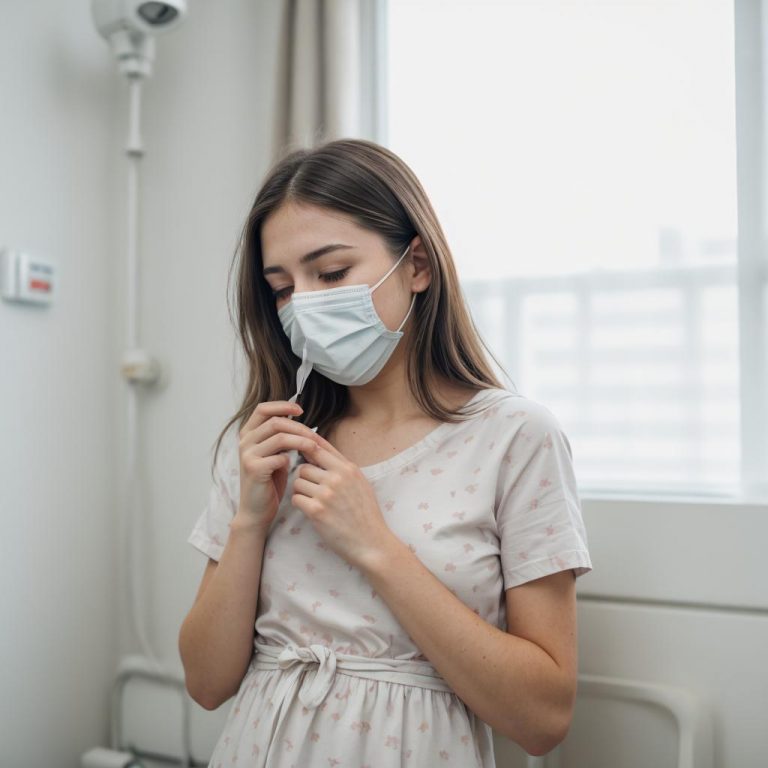

Understanding allergy lips
Allergies can manifest in various ways, and one lesser-known manifestation is allergic reactions on the lips.
Allergy lips, also known as allergic cheilitis, can be uncomfortable and unsightly, causing swelling, redness, itching, and sometimes even blistering. Understanding the causes, symptoms, and treatment options for allergy lips is crucial for managing this condition effectively.
Causes of allergy lips
Allergy lips can be triggered by a variety of allergens, including:
Cosmetics: Ingredients in lip balms, lipsticks, lip glosses, and other lip products can cause allergic reactions.
Foods: Certain foods, such as nuts, shellfish, and citrus fruits, can trigger allergic reactions that affect the lips.
Medications: Some medications, including antibiotics and nonsteroidal anti-inflammatory drugs (NSAIDs), can cause allergic cheilitis.
Environmental allergens: Pollen, pet dander, mold, and other environmental allergens can lead to allergic reactions on the lips.
Contact dermatitis: Direct contact with irritants or allergens, such as nickel or latex, can result in cheilitis.
Symptoms of allergy lips
The symptoms of allergy lips can vary depending on the individual and the underlying cause, but common signs and symptoms include:
Swelling of the lips
Redness or inflammation
Itching or burning sensation
Dryness or flakiness
Blisters or oozing lesions
Cracking or peeling of the lips
These symptoms can range from mild to severe and may worsen with continued exposure to the allergen.
Treatment of allergy lips
Treatment for allergy lips focuses on identifying and avoiding the triggering allergen, as well as relieving symptoms. Here are some steps you can take to manage allergy lips:
Avoid allergens: Identify and avoid the allergen responsible for your allergic reaction. This may involve reading product labels carefully, switching to hypoallergenic lip products, and being mindful of your diet.
Topical treatments: Over-the-counter hydrocortisone creams or ointments can help reduce inflammation and itching. Moisturizing lip balms or ointments containing ingredients like petroleum jelly or beeswax can also help soothe dryness and promote healing.
Cold compresses: Applying a cold compress or ice pack to the affected area can help reduce swelling and discomfort.
Antihistamines: Oral antihistamines can help alleviate itching and other allergic symptoms. However, it’s essential to consult with a healthcare professional before taking any medication, especially if you have other medical conditions or are taking other medications.
Medical evaluation: If your symptoms are severe or persistent, or if you’re unsure of the cause of your allergic reaction, it’s essential to seek medical evaluation. A healthcare professional can help determine the underlying cause of your allergy lips and recommend appropriate treatment.
Prevention of allergy lips
Preventing allergy lips involves taking steps to minimize exposure to known allergens and irritants. Here are some tips for preventing allergic cheilitis:
Choose hypoallergenic lip products free of common allergens and irritants, such as fragrances, dyes, and preservatives.
Patch-test new cosmetics or lip products before applying them to your lips.
Be mindful of your diet and avoid foods that trigger allergic reactions.
Protect your lips from harsh weather conditions, such as extreme cold or wind, by using a lip balm with SPF and wearing a scarf or face mask when necessary.
Practice good oral hygiene to prevent irritation and inflammation around the lips.
By taking proactive measures to identify and avoid allergens and irritants, you can help prevent allergy lips and enjoy healthy, comfortable lips year-round. If you experience persistent or severe symptoms, consult a healthcare professional for proper diagnosis and treatment.
In conclusion, allergy lips, or allergic cheilitis, can be caused by various allergens and irritants, including cosmetics, foods, medications, and environmental factors. Recognizing the symptoms and triggers of allergy lips is essential for effective management and prevention. By avoiding known allergens, using appropriate treatments, and seeking medical evaluation when necessary, you can alleviate symptoms and enjoy healthy, comfortable lips.



